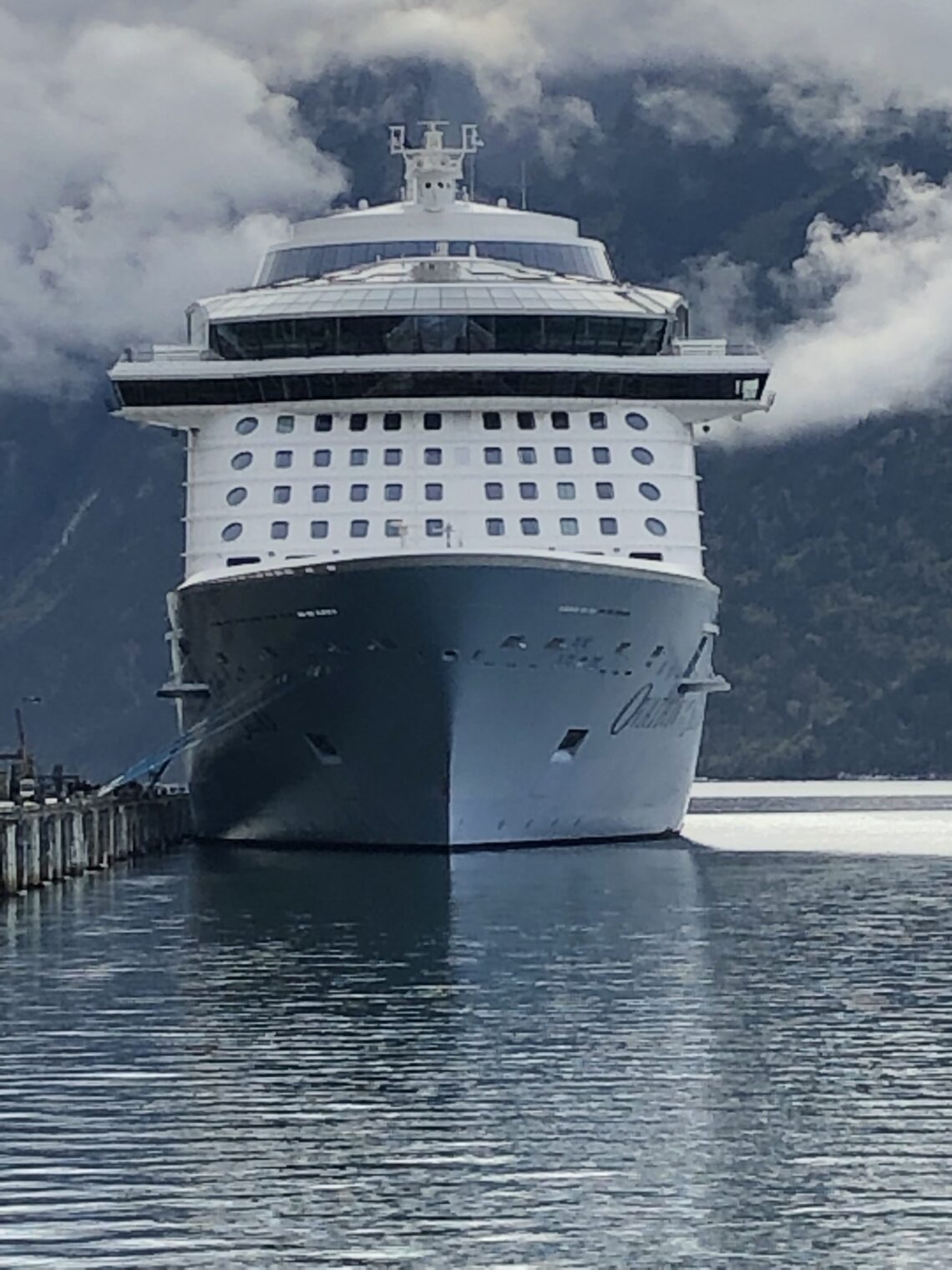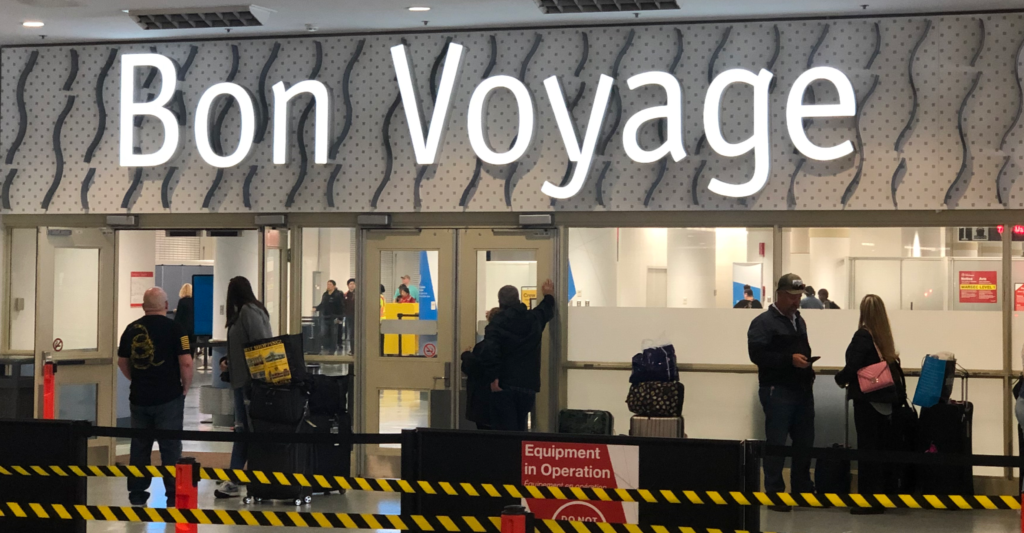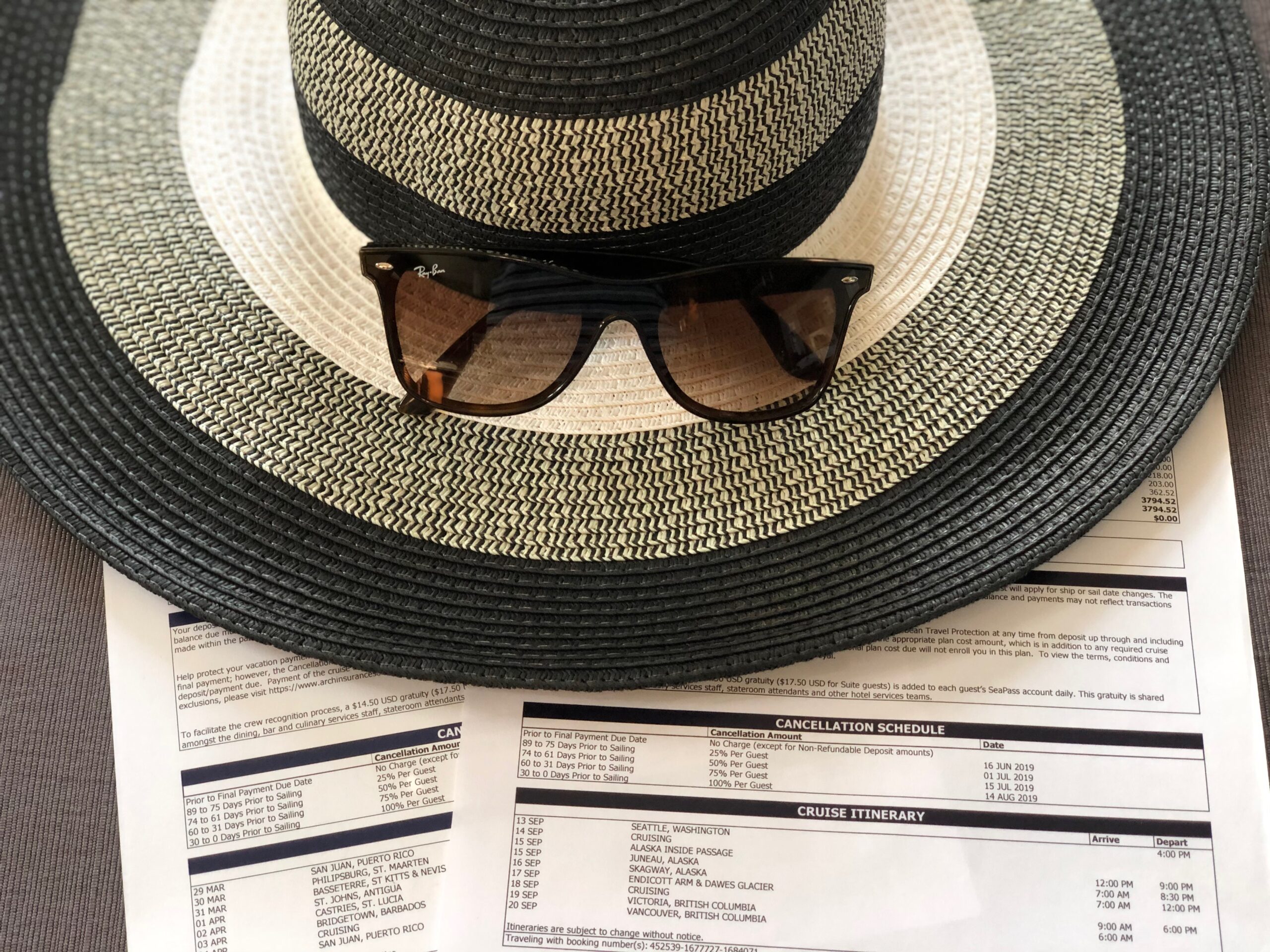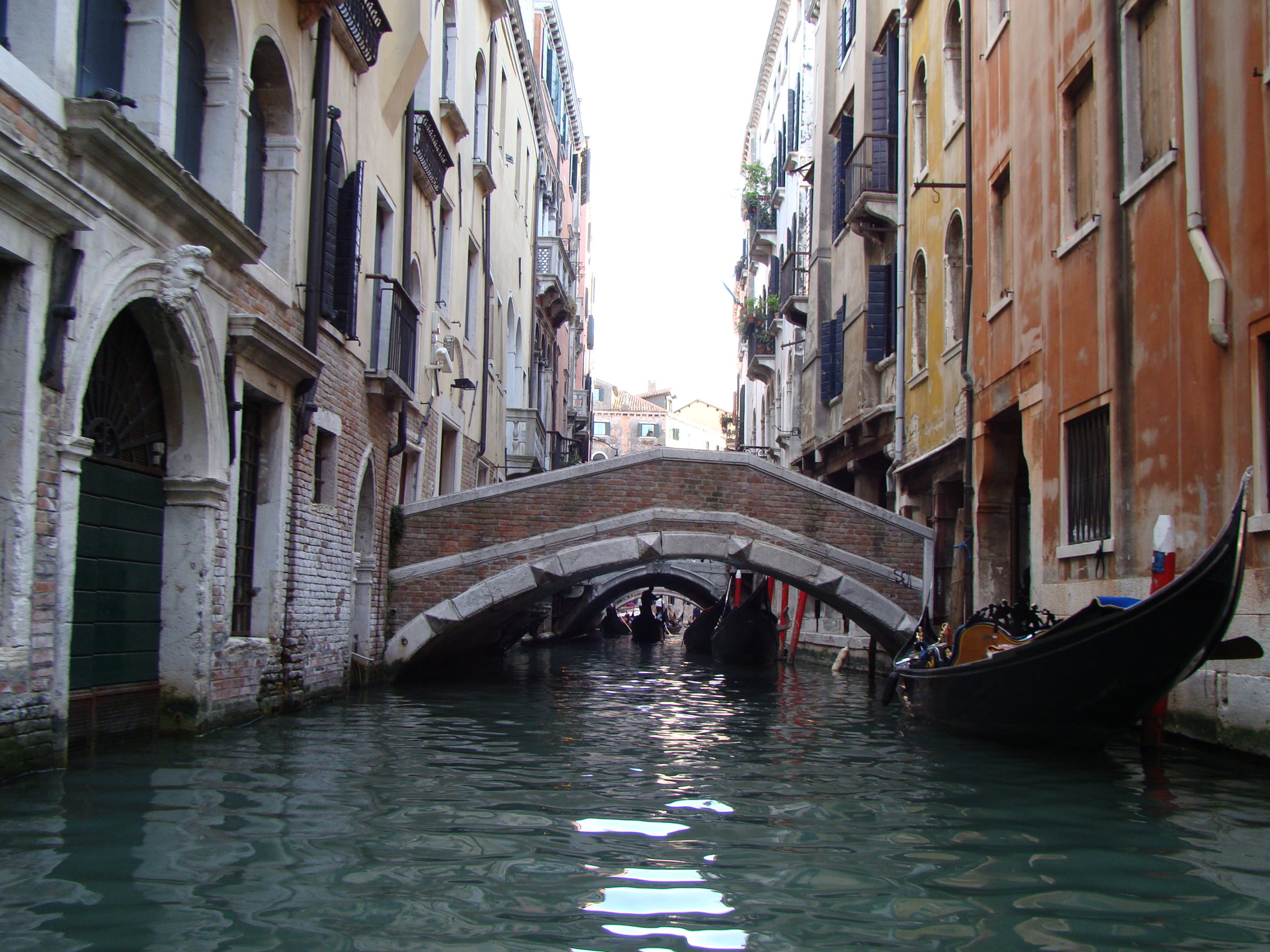
11 things to consider when planning a cruise
Planning a cruise? Here are 11 things to consider before your go. If you are an avid cruiser, are you counting the days until you can get back to the fresh sea air? I can relate!
Whether you are a devoted cruiser, or this is your first time, there are choices to consider each time you are planning a cruise vacation.

Some questions you should be asking yourself are:
What type of traveler are you? How do you like to vacation? Are you a planner and want to see everything there is to see, or do you want to relax away from the day-to-day and just take it all in without keeping to a schedule? Will you be looking for a beach vacation (Caribbean perhaps), or are you longing to visit the beautiful cities and villages of the Mediterranean? Looking for adventure? How about cruising to Alaska? (By the way, I highly recommend that). Cruising has a surprising abundance of choices.
Knowing what you want to do and where you want to go is naturally the first step when planning any vacation and cruising is no different. In this area though, cruising offers an advantage to most ‘regular’ vacations because each cruise has a fixed itinerary. Finding a cruise you like will often determines the time of year you will be cruising. Also choosing a cruise will help you form a rough budget as each cruise itinerary comes with its own price tag.
Who are you traveling with?
Knowing your own travel style and the expectations and styles of the people you are traveling with are very important; discuss these things in advance and be honest with one another.Traveling with multiple generations or large groups can be tricky, but it can also be fun and create memories that will last a lifetime for everyone. Again, inclusive planning and shared expectations will benefit everyone once the vacation is underway.s
One other important note: When traveling with parents, grandparents, or other family and friends that have limited mobility, make sure the cruise line is made aware of their special needs. Discuss this with your cruise planner when booking excursions too. Remember there is typically a lot of walking to do on nearly all cruise ships.
What is your budget?
Many cruise fares are not all inclusive. Know what you are buying.
You know who you are traveling with and you have chosen your itinerary –great!
Now it’s time to review your budget. When considering this, know that typically (apart from a few exceptions and special offerings) your quoted cruise fare will include the price of the cruise, port charges and taxes, all meals served in the main dining room and included cafes. Coffee, teas (iced & hot), lemonade, and ice water are also typically included. Soda, bottled water, and cocktails of all kinds are usually an extra charge. Note here that most cruise lines have separate beverage packages. Most “specialty restaurants” onboard require a small up charge per-person and some cruises offer specialty dining packages available at varying costs. Note too that you will also need to pay gratuities once onboard and for any added excursions (more on these later).
Other costs that you will incur are things like airfare, transfers, ground transportation, and possible hotel costs if for example you fly in the day before you cruise (very highly recommended by the way).
Now you should have a rough idea of the primary costs. I wanted to give you an idea of what an average 7-night cruise will cost based on 2 persons in a stateroom. Note that these are very rough numbers, but it will at least give you an idea.

An example 7-night cruise to the Caribbean cost, including cruise fare, taxes and port fees, airfare, transfers and 1 night in a moderately priced hotel should be somewhere between $1000- $1500 per person for an inside stateroom. For off-season cruises or cruises on smaller ships your costs would be less. Balcony staterooms and suites will add costs depending on the cruise line, ship, and destination.
Quick Tip: Booking a future cruise far in advance or booking while onboard a cruise can offer big time savings. When booking your next cruise while onboard they’ll have deals and incentives that are not available anywhere else.
Using travel agent’s vs going it alone?
Although you may think that with today’s travel sites right at your fingertips travel agents are a thing of the past. There are many pros to using a travel agent over going it alone and doing all the research yourself. Using an agency can save you a ton of time when choosing cruise lines, packages, staterooms, etc. In many cases they can also save you money. They can offer inside information and recommendations on the places you’re thinking of visiting. Check in advance if there are any fees associated with their services.
Quick tip: Cruise rates change often. Check pricing periodically because cruise rates can be adjusted until you make your final payment which is typically 90 days from the sail date.

When are you traveling? (Timing can be everything and a key part of planning)
First, traveling off-season can snag you big savings on cruise fares and overall costs. However, weather is important when cruising. Sailing during hurricane season in the Caribbean for example is a mighty roll of the dice. Rough seas may make you regret not paying a bit more for the cruise. If you are considering cruising to Alaska sailings are from May-September only.
Gratuities
For every cruise it is required to tip your room steward, waiters, and head waiters. You do have the option to prepay these gratuities as part of your cruise fare (recommended). If you do not prepay, most cruise lines will add a set charge to your onboard account for all gratuities which you will see on your daily statement
Buy the travel Insurance – it could save you tons!
I feel very strongly about this one. I don’t think anyone should ever travel without trip insurance. I purchase it for air travel, cruising, and for vacation packages. You can never know what could happen leading up to and while on your vacation. If something does go wrong, it could cost you thousands. I have personal experience with this one -my husband had a major medical issue while we were cruising in St. Thomas. We were forced to disembark to transport him to a hospital and having travel insurance saved us. The cruise line was just amazing (RoyalCaribbean), and the insurance company was even more so. They were there for us every step of the way and made a scary situation bearable. They were fully prepared to medivac him to Miami too which would have been hugely expensive for them. They cared only about his safety which was amazing. I know you’re wondering, he’s fine now…
So YES, always get the travel insurance. For more on travel insurance click here.

Should you buy an air package directly from the cruise line?
Maybe. In some cases, these air packages can be competitively priced but then sometimes they can be overpriced. But it’s not that black and white and here is why. When booking your air with a cruise line, they typically include transfers to and from the airport and the cruise port. If you arrive a day early and stay at a hotel, those transfers can be included also.
There is also convenience and peace of mind when you book your total package with the cruise line. This becomes even more the case when traveling abroad. If for some reason you have a delayed flight and you have booked with the cruise line, they will help you get to the ship. If you don’t book your flight through the cruise line and you are late boarding the ship due to flight delays the ship will not typically wait. Having said that, I highly recommend flying the day before you leave on your cruise. This will reduce your stress, allow you more flexibility in booking, and you maybe able to see some of the port city prior to boarding the ship.
If you save your travel miles in order to reduce trip expenses the cruise line would not be the way to go for your air transportation. I still would plan to arrive to the port city one day before in case of any unforeseen delays.
Travel tip:
Most cruise lines do offer hotel and transfer packages if you decide to book your air on your own. The hotels are typically very nice and moderately priced.

Know what documents you will need before boarding
When booking your cruise ask about which travel documents will be required for you to board the ship. In most cases a passport is required and must be valid for 6 months past the date of travel. Also check to see if your itinerary requires any Visas – just in case.
Onboard Dining? You have many choices
Cruise ships offer many dining options. They typically have 3 main dining room seating times. Early seating (5 – 6 pm range), and late seating (8 ish). Many also offer what is referred to as “my time dining” or “anytime dinning” which gives you flexibility to have dinner at a different time each evening. Note that you can make reservations for my time dinning, but you may not have the same waiter each night (which is very cool btw).
As I said before, in addition to the main dining room ships offer many specialty restaurant options. I typically try one specialty dinning option each cruise and have never been disappointed.
Bon Appetite!
Booking excursions with the cruise line (Pros & Cons)
This is a matter of preference. The cruise lines typically do a great job of organizing excursions for every type of traveler. Most are moderately priced too! However, there are also many other companies out there that offer different types of excursions, private drivers, tours, etc. One word of caution, if you choose to use an outside company for an excursion rather than the cruise line make sure you get back to the ship on time! If you are on a cruise line’s excursion the ship will wait for you, but if you are not, they probably won’t.

You May Also Like

Why you should always Travel with Insurance
April 11, 2024
The Ultimate Venice, Italy Travel Guide
August 18, 2023

Happy Cruising! You will not be sorry!